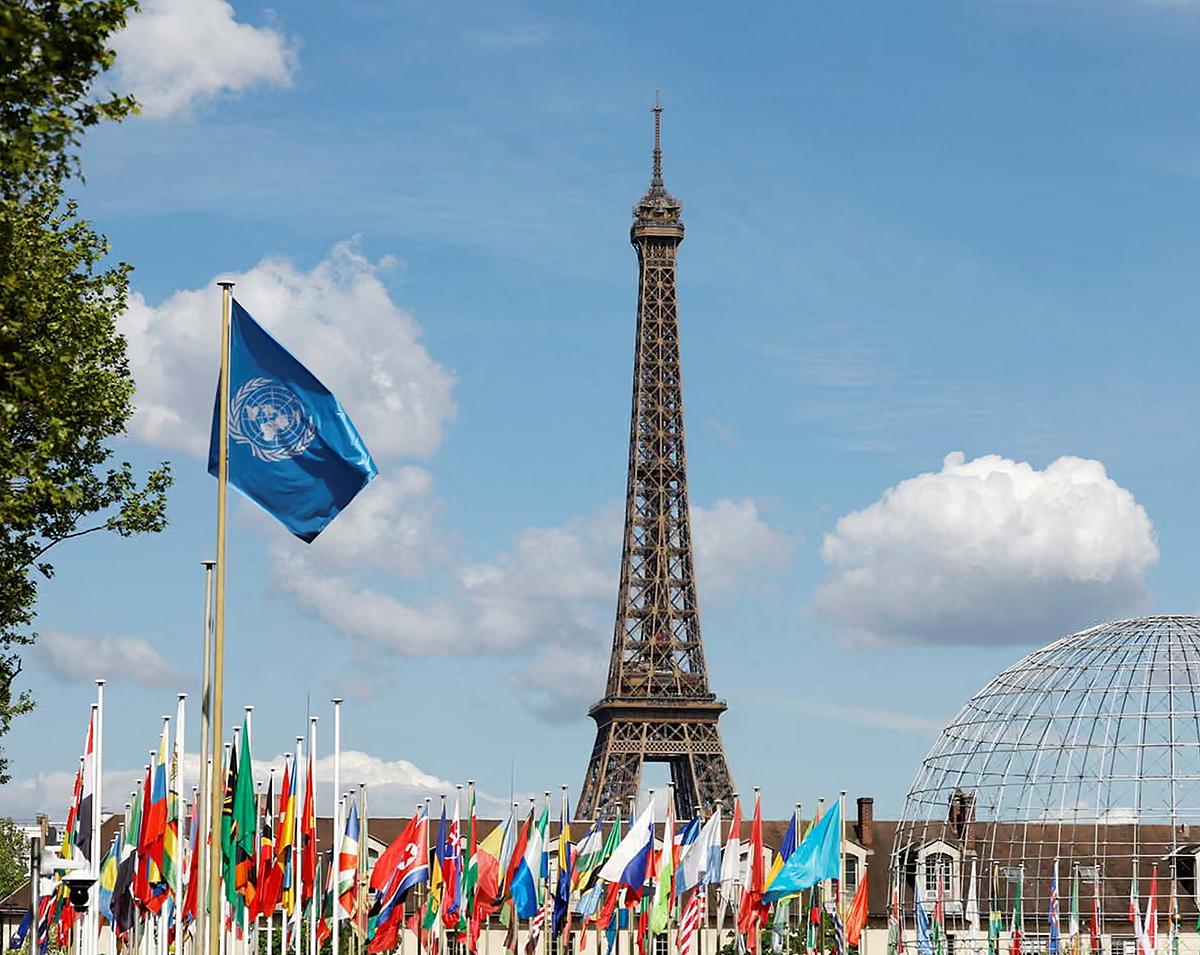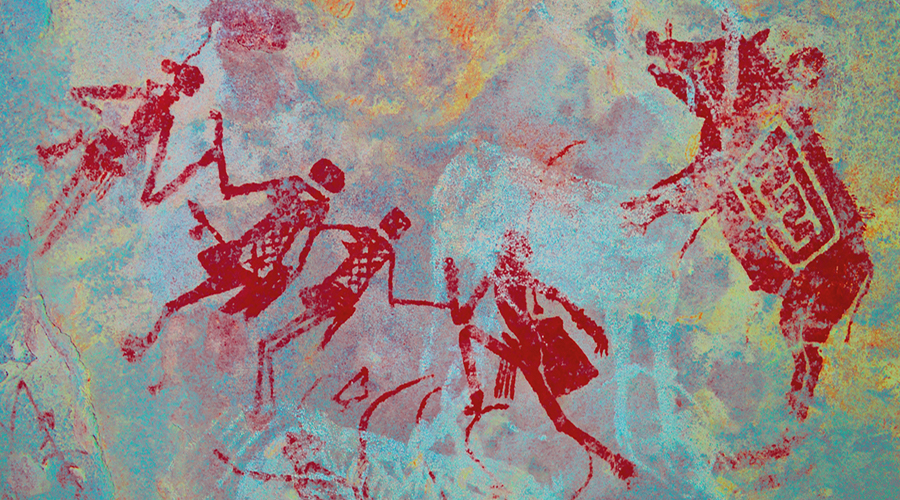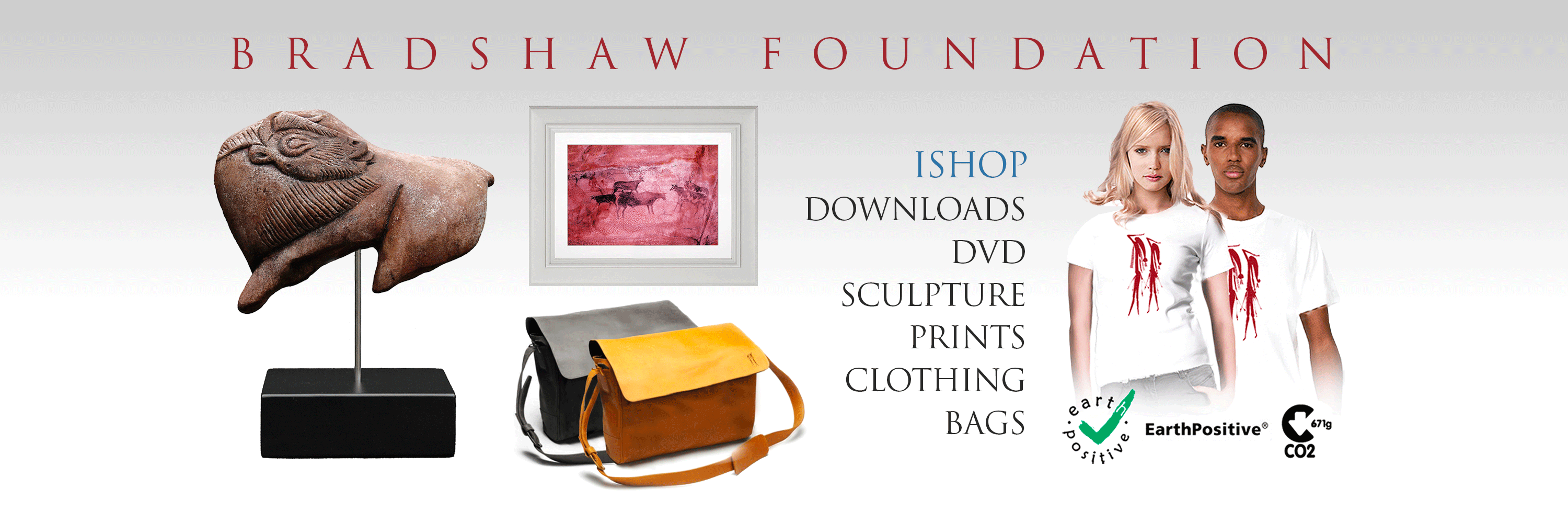


An article by Angelique Chrisafis in Paris and published in The Guardian - 'Trump pulls US out of Unesco in blow for UN culture and education agency' - reports that the White House cites Unesco’s focus on ‘divisive social and cultural causes’ in its latest withdrawal from global bodies.

The US will quit the United Nations’ culture and education agency Unesco, the US state department has said, as Donald Trump continues to pull out of international institutions. “Unesco works to advance divisive social and cultural causes and maintains an outsized focus on the UN’s sustainable development goals, a globalist, ideological agenda for international development at odds with our America First foreign policy,” according to Tammy Bruce, a state department spokesperson.
The move is a blow to the Paris-based global organisation, founded after the second world war to promote peace through international cooperation in education, science and culture. A US withdrawal, to take effect in December 2026, will be a blow to Unesco’s work on education, culture and combating hate speech. But officials at the Unesco headquarters in Paris had been braced for a potential US departure during Trump’s second term. The US provides about 8% of the body’s total budget, making the financial impact of Washington’s departure less severe than for other organisations, such as the WHO, for which the US is by far the biggest financial backer.
Unesco, the United Nations Educational, Scientific and Cultural Organization, is best known for designating world heritage sites including the Grand Canyon in the US and the ancient city of Palmyra in Syria. It also has a large cultural and education programme to promote intercultural dialogue.
The US was a founding member of Unesco in 1945, but this latest departure will be the third time it has quit.
Washington first withdrew in 1983 under Ronald Reagan, whose administration said the global organisation had anti-western bias and “has extraneously politicised virtually every subject it deals with”. It rejoined under George W Bush in 2003, with the White House saying it was happy with Unesco reforms. Trump pulled the US out of Unesco in 2017, during his first term as president. His administration cited what it called “mounting arrears, the need for fundamental reform in the organisation, and continuing anti-Israel bias”.
The US returned to Unesco in 2023 under Joe Biden. The Biden administration said it was crucial to rejoin in order to counter “Chinese influence”. Beijing had become the organisation’s biggest financial backer in Washington’s absence. As a condition of readmission, the US agreed to pay about $619m in unpaid dues and make contributions to programmes supporting education access initiatives in Africa, Holocaust remembrance and journalists’ safety.
Audrey Azoulay, the director general of Unesco, stated that “However regrettable, this announcement was anticipated and Unesco has prepared for it.” She said the reasons given by the US for leaving were the same as during Trump’s first term, and she disputed them. “These claims contradict the reality of Unesco’s efforts, particularly in the field of Holocaust education and the fight against antisemitism.”
Why is this important? A note from the Director of the Bradshaw Foundation
Among all the World Heritage sites, 51 contain rock art. In most of them, the rock art itself is the World Heritage, while in others it is one of the added values of a landscape or natural area which is also categorised as a World Heritage Site. This large number reflects the fact that rock art is the only universal art form over time and space; it is the oldest art form made from 43,000 years ago until today. This exceptional, universal feature of rock art has gradually been reflected on the List until reaching the current map, which reveals its widespread geographic distribution:
by Bradshaw Foundation
Wednesday 23 July 2025
by Bradshaw Foundation
Thursday 29 May 2025
by Bradshaw Foundation
Monday 03 February 2025
by Bradshaw Foundation
Friday 09 August 2024
by Bradshaw Foundation
Wednesday 24 July 2024
by Bradshaw Foundation
Thursday 04 July 2024
by Bradshaw Foundation
Monday 01 July 2024
by Bradshaw Foundation
Wednesday 20 March 2024
by Bradshaw Foundation
Tuesday 13 February 2024
by Bradshaw Foundation
Tuesday 13 February 2024
by Bradshaw Foundation
Thursday 01 February 2024
by Bradshaw Foundation
Tuesday 28 November 2023
by Bradshaw Foundation
Thursday 23 November 2023
by Bradshaw Foundation
Monday 20 November 2023
by Bradshaw Foundation
Tuesday 31 October 2023
by Bradshaw Foundation
Thursday 26 October 2023
by Bradshaw Foundation
Wednesday 23 July 2025
by Bradshaw Foundation
Thursday 29 May 2025
by Bradshaw Foundation
Monday 03 February 2025
by Bradshaw Foundation
Friday 09 August 2024
by Bradshaw Foundation
Wednesday 24 July 2024
by Bradshaw Foundation
Thursday 04 July 2024
by Bradshaw Foundation
Monday 01 July 2024
by Bradshaw Foundation
Wednesday 20 March 2024
by Bradshaw Foundation
Tuesday 13 February 2024
by Bradshaw Foundation
Tuesday 13 February 2024
by Bradshaw Foundation
Thursday 01 February 2024
by Bradshaw Foundation
Tuesday 28 November 2023
by Bradshaw Foundation
Thursday 23 November 2023
by Bradshaw Foundation
Monday 20 November 2023
by Bradshaw Foundation
Tuesday 31 October 2023
by Bradshaw Foundation
Thursday 26 October 2023
Friend of the Foundation











